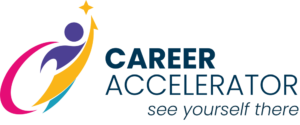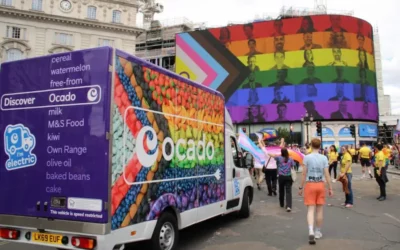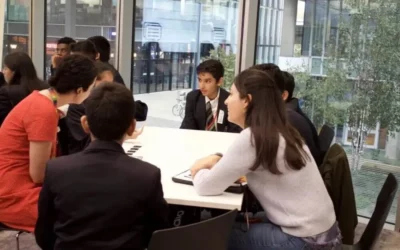In World Autism month, a global event which puts the spotlight on the hurdles people with autism face every day and celebrates the unique talents of those with autism, Career Accelerator, a leading UK education business calls on firms to do more to encourage people with autism into the workplace.
More than one in 100 people are on the autism spectrum in the UK, but figures from the Office for National Statistics show that autistic people are the least likely to be in work of any other disabled group. Around half of disabled people are in work, compared to over 80% of non-disabled people, with just 22% autistic people reported to be in paid work.
Career Accelerator is leading the way in changing this by encouraging businesses to engage with students who are autistic by providing mentoring and work opportunities that benefit students and their employees.
The company launched a ‘Neurodiversity and disability’ programme in 2022 which enables businesses to support young people aged 14-25 who have special educational needs and disabilities (SEND) and help them prepare for careers in the professional sectors through mentorships. To date, companies including Centrica, Cisco and Pearson have all taken part.
Mayur Gupta, CEO at Career Accelerator said: “This unique programme is designed to help autistic and other neurodiverse people gain exposure to the world of work through valuable work experience and mentoring opportunities. By engaging with employees at some of the UK’s largest companies it opens their eyes to roles that may be open to them in the future.
“At the same time it’s giving staff at these firms the chance to expand their skills and awareness of how to work with neurodiverse individuals, as well as give something back to their community. This is helping to foster a more open and welcoming work culture for neurodiverse people and enabling firms to create more diverse pipelines.”
Centrica took part in the three-month programme with students from the Tower School in Essex, which provides specialised education for young people with autism and associated conditions. They plan to run the programme twice this year. Centrica’s “Diverse-ability” network is also dedicated to supporting employees who are disabled or neurodivergent. They plan to offer a “workplace adjustment passport” to these employees, allowing them to work in a way that maximizes their potential and is fully supported by the company.
One of the mentors Rebecca Fernandes from Centrica said: “Being able to see first-hand the difference you can make to how someone feels when applying for jobs and knowing that I have been able to contribute to a positive experience has been really impactful. I really enjoyed the volunteering opportunity, it was so nice to be able to make time for such a valuable piece of work, that wasn’t about personal investment or gain, it was purely about giving back to a fantastic group of people – I found it very rewarding. I’m really proud this is something Centrica recognises is worth our time on – it’s really important to invest in future generations and people outside of the organisation.”
The students from Tower School who took part in the programme said it helped them become more confident in their abilities, better understand their skills and improve their self-confidence. It’s also helped them feel more prepared when applying for jobs, including practising interview questions, as well as feeling more confident in working with people in a professional way.




